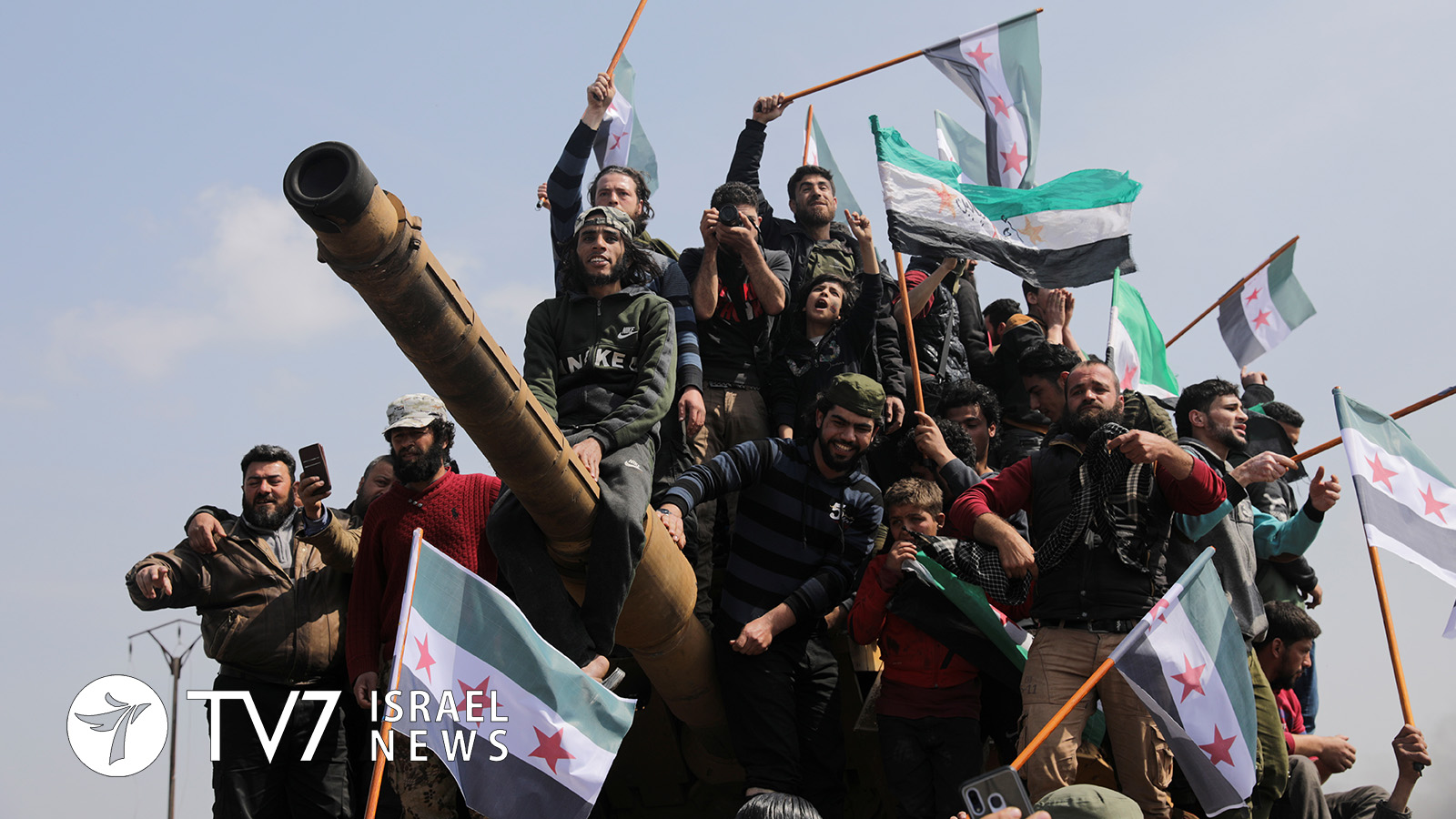Joint patrols by Russian and Turkish forces in the northwestern Jihadist-plagued Idlib region, as part of the cessation-of-hostilities arrangement that was reached between the leaders of both powers, are facing increased challenges; as local Islamists are actively trying to disrupt the cooperation between Moscow and Ankara. Based on the testimony of Ossamah Rahhal, who is a Turkish-backed militant, “As you can see behind me it is a civilian protest with revolution flags. People came to reflect on its stance towards the Turkish-Russian patrols. As you can see they are blocking the roads they are allowing any Turkish patrol to go in but they are opposing the Russian one.”
Under the terms of the ceasefire – which brought escalating violence to a halt- Turkish and Russian forces are to establish a security corridor on either side of the strategic M4 highway, in addition to carrying out joint patrols along it.
The move infuriated local Jihadist forces, urging Turkey to resume its cross-border offensive against the Russian-backed Syrian army. Nevertheless, Ankara is adamant on preserving the tense ceasefire, as it is dealing with growing challenges pertaining to the quickly spreading coronavirus throughout Turkey.
Despite the long time denial by Turkish officials, Health Minister Fahrettin Koca announced that “In our fight against coronavirus, today, I lost a patient for the first time. I was one of the people who was monitoring him closely as a representative of the public. He was 89 years old. He picked up the virus from his employee who had contact with China.”
And while the number of tests are relatively limited throughout Turkey, the rate of infection is getting out of hand. According to Koca “Fifty-one people tested positive today bringing the number of our patients to 98.”
As part of efforts to contain the spreading contagion, Turkey announced the immediate closure of its borders with Greece and Bulgaria. Nevertheless, it continues to encourage hundreds of illegal migrants to try and cross into the territory of its Greek neighbor, the eastern gateway into the European Union.
